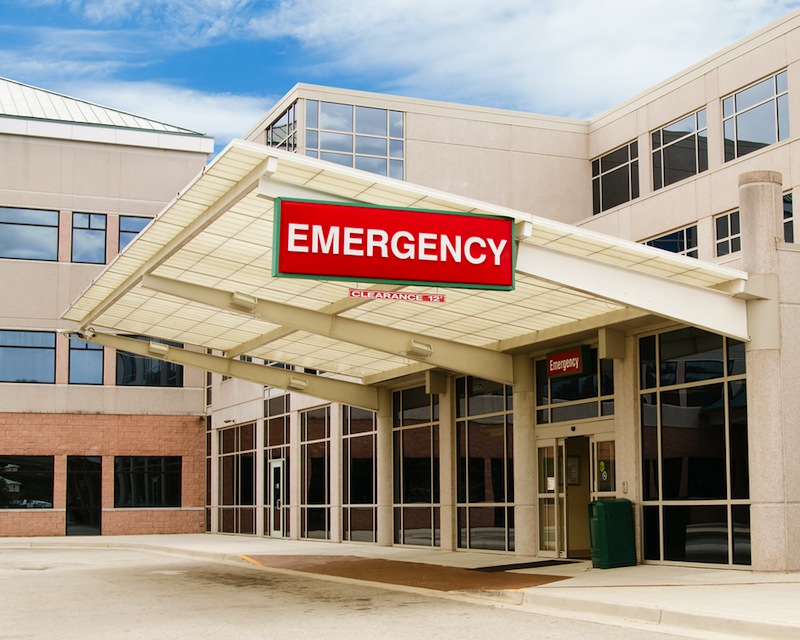Health care spending growth has famously slowed over the past five years, significantly enough that the Congressional Budget Office recently revised its projections of Medicare and Medicaid spending over the coming decade downward by hundreds of billions of dollars.
Now, research papers suggests the recent slowdown doesn’t just reflect temporary economic weakness, but also structural shifts in how health care is delivered and financed — possibly attributable to the Affordable Care Act — and thus might be a harbinger of a longer-term trend.
If they’re right, and the trend continues, it means workers can expect higher wages and the country’s projected medium term deficits are significantly overstated, which in turn suggests lawmakers’ continuing obsession with the current budget deficit, and deficits over the coming decade, are misguided.
The study by Harvard researchers, featured in the latest edition of Health Affairs, finds, like all studies of this nature, that the recession and weak economy contributed significantly to the spending growth slowdown. Less generous benefits, resulting in higher out-of-pocket costs, accounted for 20 percent of it. Faced with less generous coverage and less disposable income, people consumed fewer health services.
But the good news is that spending growth also slowed among those whose health benefits haven’t changed, including Medicare patients. And that suggests a more enduring trend.
“Our findings suggest cautious optimism that the slowdown in the growth of health spending may persist — a change that, if borne out, could have a major impact on US health spending projections and fiscal challenges facing the country,” the authors write.
In a related article, health care economist David Cutler attributes the majority of the slowdown to fundamental changes — including perhaps slowing technological and pharmaceutical innovation, and increased efficiency among providers. If current trends continue, he concludes, then over the next 10 years “public-sector health care spending will be as much as $770 billion less than predicted. Such lower levels of spending would have an enormous impact on the US economy and on government and household finances.”
To put it in perspective, that $770 billion is equivalent to about three-quarters of sequestration’s mandatory, indiscriminate spending cuts, which lawmakers have been unable to replace with either more targeted cuts or a mix of cuts and higher taxes. The paper implies that budget deficits will shrink by an amount similar to sequestration even if Congress were to simply rescind it.
Studies over the past few years have been unspecific about the non-macroeconomic causes of the spending growth slowdown, and guarded about the likelihood that it will persist. In particular, they’ve been cautious about attributing any of it to the slow move away from fee-for-service medicine, which the Affordable Care Act hopes to accelerate. The new papers don’t explicitly credit the ACA for slowing down spending growth, but many experts — particularly those that support the law — believe it is a contributing factor.
But the news isn’t all good. It also reflects the fact that the cost of consuming health care has far outpaced wages over the past several years, leaving many people and families unable to afford services they may need.






